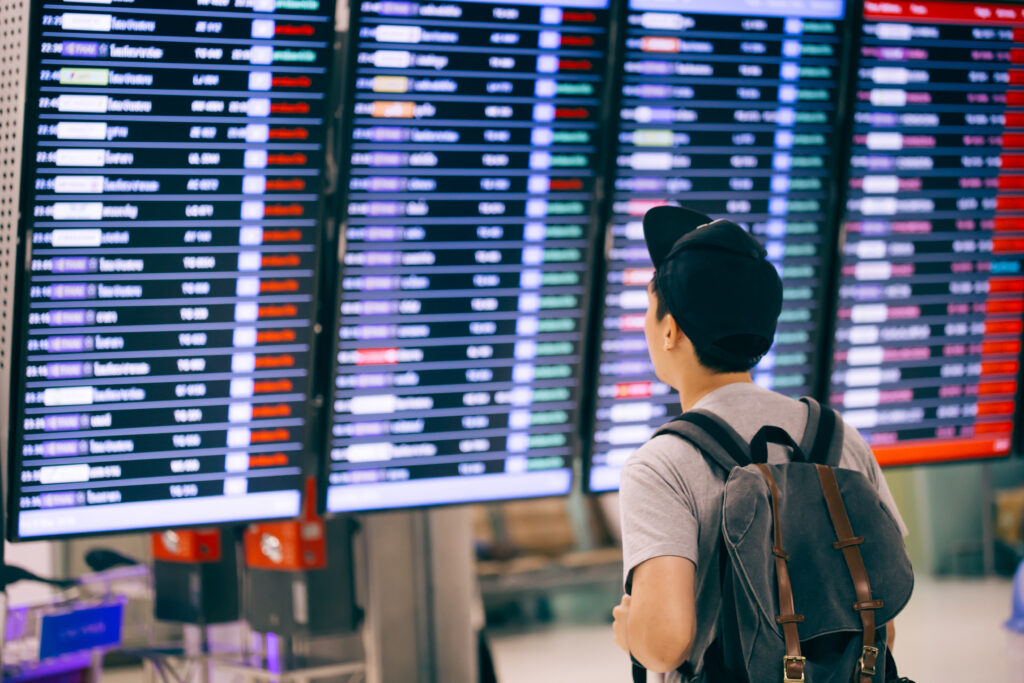Australia has introduced the Skills in Demand (SID) visa, a replacement for the Temporary Skills Shortage (TSS) visa (subclass 482).
This reform, effective from 7 December, aims to modernise the migration system and address the nation’s pressing skills shortages. Announced by Home Affairs and Immigration Minister Tony Burke, the initiative seeks to enhance worker mobility and streamline pathways for skilled migrants, positioning Australia as a competitive destination for global talent.
Here’s what you need to know about this new visa.
The Skills in Demand visa
The SID visa allows employers to sponsor skilled workers for roles that cannot be filled locally. The program is structured into three targeted streams:
- Core Skills stream:
- Focuses on mid-income roles to fill industry gaps such as construction, agriculture, cybersecurity, health, and education. Most SID visa holders will use this stream.
- Workers must be sponsored for occupations listed on the updated Core Skills Occupation List (CSOL), which includes 456 jobs identified by Jobs and Skills Australia.
- A minimum income threshold of $73,150 applies, with annual indexation planned.
2. Specialist Skills stream:
- Targets highly skilled migrants in higher-income brackets to help drive innovation and job creation.
- Eligible occupations include those listed in the Australian and New Zealand Standard Classification of Occupations (excluding trades), with a minimum salary threshold of $135,000.
3. Labour Agreement stream:
- Designed for occupations under specific labour agreements.
- This stream will transition to an ‘Essential Skills’ stream (currently under development) after further consultation with governments and stakeholders.
The SID visa permits a stay of up to four years for most applicants, with Hong Kong passport holders allowed up to five years. Costs start at $3,115 for the main applicant, with additional fees for dependents and associated requirements like English language tests and health checks.
Other visa updates
In addition to the SID visa, the government has replaced the Global Talent visa with the National Innovation visa (subclass 858). This is a permanent visa for people who have an internationally recognised record of exceptional and outstanding achievement in an eligible area, including a profession, a sport, the arts or academia and research.
Applications for the former TSS visa lodged before 7 December will be processed under previous rules, while the government continues to assess on-hand Global Talent visa applications according to established priorities.
If you require more information, consult the Department of Home Affairs website, or speak to a Registered Migration Agent.





